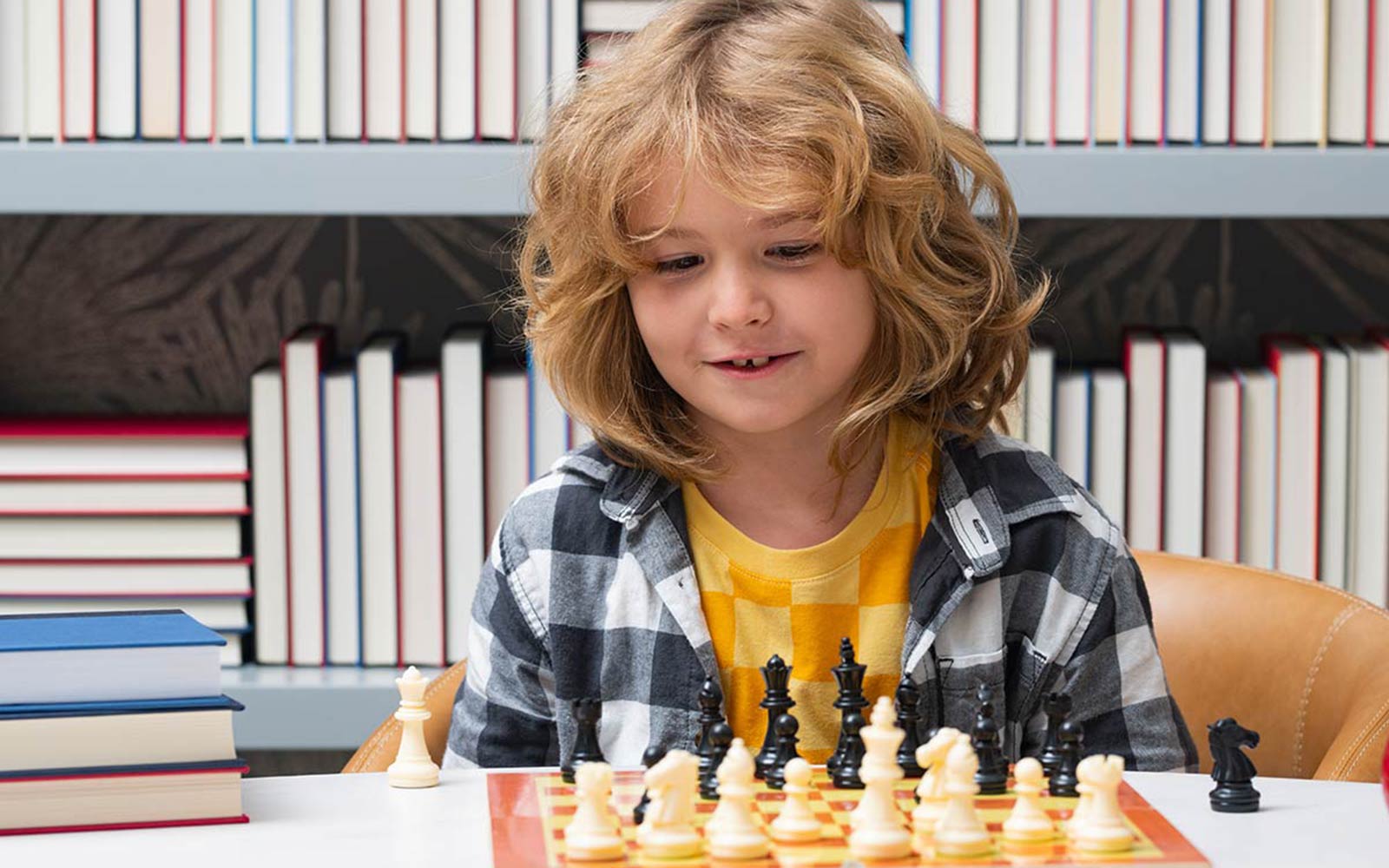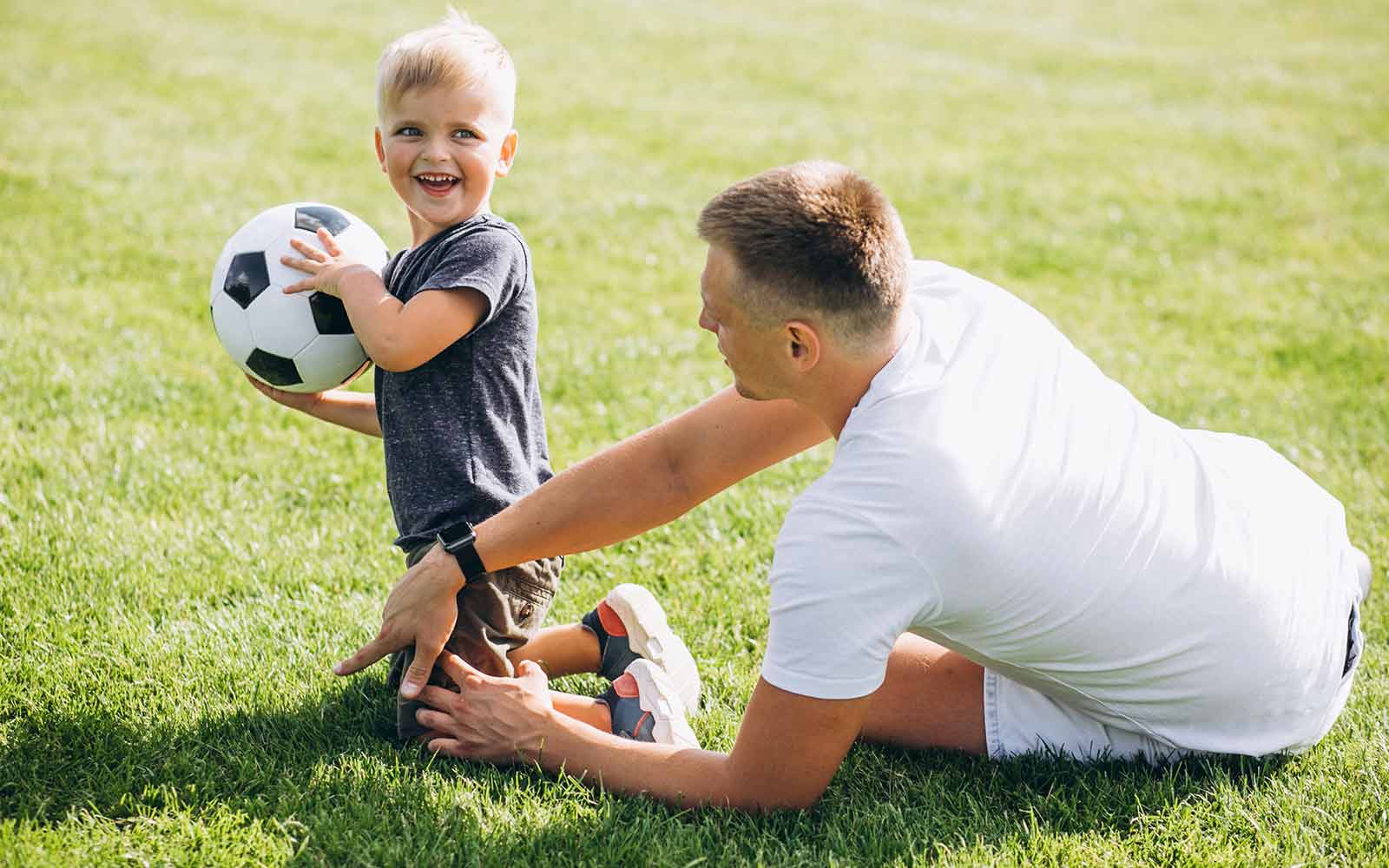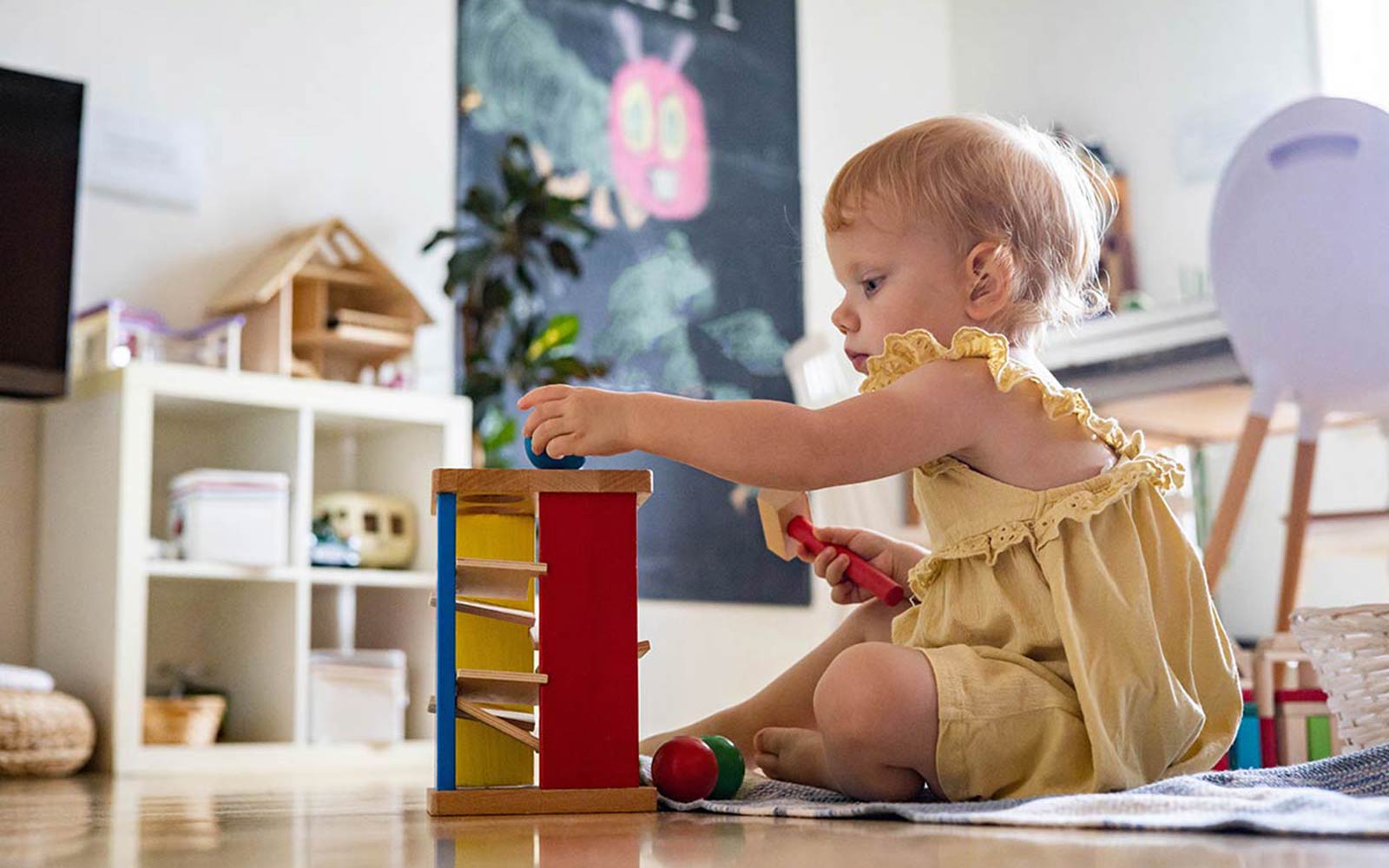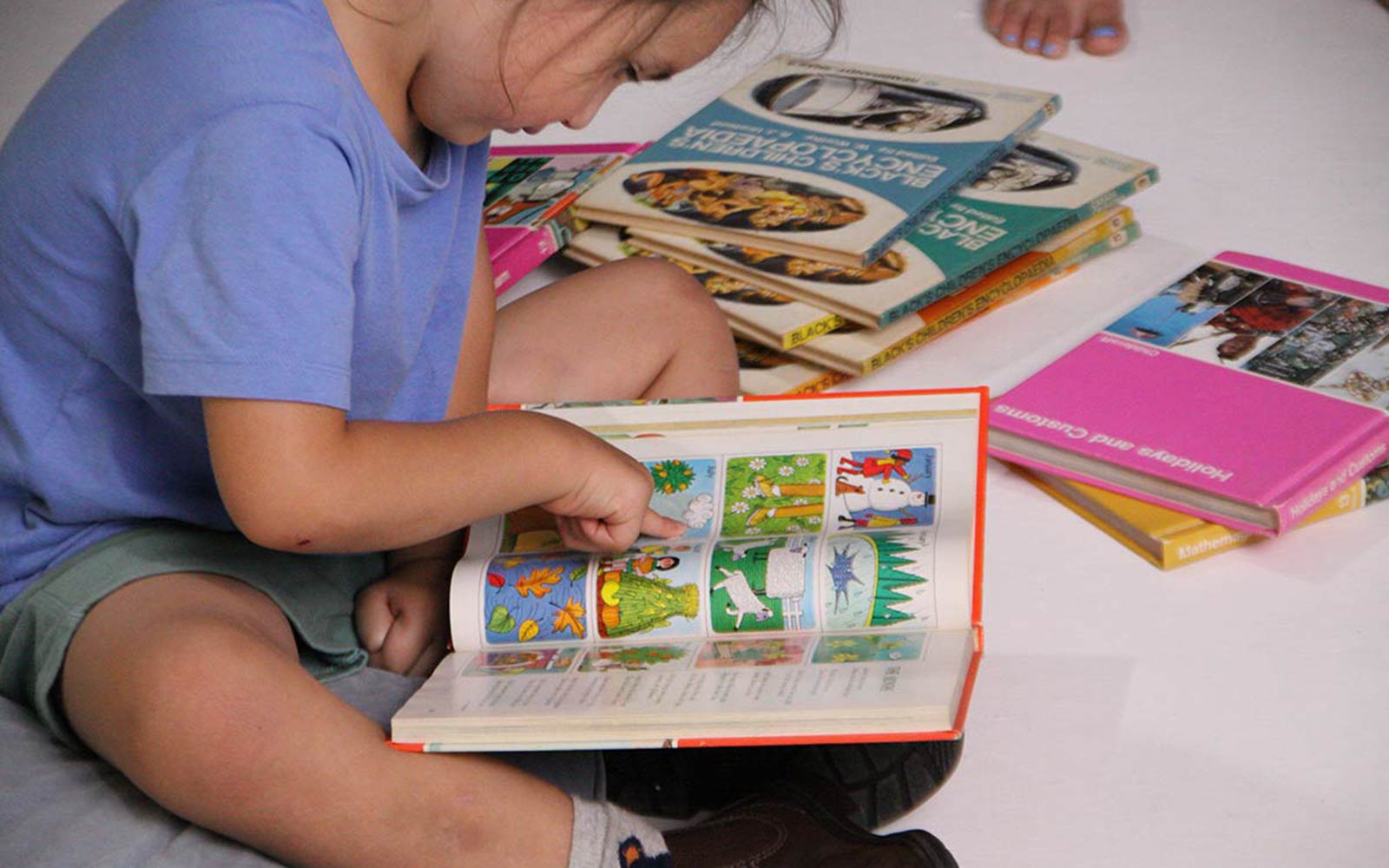12 Simple Ways to Super-Charge Your Child's Brain Development
These simple, practical tips you can do every day to boost your child’s brain power will set your little one up with the foundations they need to thrive.

As parents, we just want to know we are doing everything we can to support our children as they grow. But, we don’t need to over complicate things!
You don’t need to enrol them in piano lessons before they can walk or sign them up for weekend language courses… but things like reading to them at night, playing blocks with them and, of course, making sure their diet is packed full of the good stuff, like omega-3s, are important.
Here are 12 brain-boosting tips that you can employ to support your little one’s growth and development.
Include Essential Omega-3s in Your Child’s Diet
Including enough of the different types of omega-3 fatty acids in your child's diet supports growth and healthy brain development with the accumulation of DHA in the brain, central nervous system, and eye development in infants and children.
However, it can often be difficult for children and families to meet the nutritional requirements for omega-3, especially if your child is a fussy eater (like most toddlers!), a restrictive eater, has food allergies, limited fish intake, is vegetarian, or vegan.
There are three main types of essential omega-3s required from our diet as our body cannot make these nutrients: ALA, DHA and EPA.
It is important that children get a source of pre-formed DHA and EPA regularly; these can be found only in breastmilk and in a variety of fish and seafood, like sardines, salmon, mackerel and fortified products.
You might be wondering, how much omega-3 for kids? As a guide, children should eat 2x75g servings of fish per week. Children’s vitamins and omega-3 supplements can help support a healthy diet and boost essential nutrient levels and fill in any occasional dietary gaps. Learn more about the recommended daily intake and omega-3's role in Three Things to Know About Concentration in Little Ones!
When looking for fish oil, ideally opt for a high DHA omega-3 product providing around 300mg per day. Consider one that is flavoured to mask the classic ‘fishy taste’, such as one from Nature's Way Kids Smart.
Always read the label and follow the directions for use.
Provide a Wholefood Carbohydrate at Every Meal and Snack
Carbohydrates provide the main source of energy for a child’s developing brain and its functions.
Your child’s developing brain has high energy demands and uses over 50% of all the energy available to their body. So, ensuring your child gets a regular intake of a variety of wholefood carbohydrates throughout the day is super important.
Serve a whole food carbohydrate at every meal and snack by including a variety of fruits and starchy vegetables such as sweet potato, potato, corn, and legumes, whole grain bread and cereals, such as oats, quinoa, rice and pasta.
Include Nuts and Seeds Regularly
Nuts and seeds are packed with protein, essential omega-3 and omega-6 fatty acids, vitamins and minerals such as zinc and iron to support your child’s brain development and growth.
Include a variety of seeds and nuts, such as hemp seeds, chia seeds, flaxseed meal, peanut butter and almond meal in snacks and main meals.
A great way to add seeds into your child's diet is to add them into smoothies. Try adding a teaspoon or two of chia or hemp seeds into your child’s favourite smoothie recipe to boost brain loving nutrients.
Practice and Help Train Your Child’s Brain
You can help to improve concentration through activities such as puzzles, chess, memory games, crosswords and colouring in. Practising for 15 minutes a day for five days can improve concentration.
Improve Your Child’s Sleep
Sleep deprivation dramatically impacts concentration and many other cognitive functions. Try to turn off electronics an hour before bed and keep your child’s room at a comfortable temperature.
Make time for wind-down time before bed (at least one hour). Have the same bedtime and wake up time for your child, even during the holidays, in order to help instil a consistent routine and build healthy sleep habits.
Make Exercise a Daily Activity
Daily physical exercise has been shown in the research to improve concentration within just four weeks. Make regular exercise part of your daily routine in order to set a positive example for your child and help set them on a healthy track for life.
Get Outside in Nature
Surprisingly, studies that looked at the benefits of outdoor time for children found that natural environments benefit brain development and improve attention in children, especially in children who suffer from attention deficit disorders, such as ADHD.
A 20 minute daily walk in nature has been shown to improve concentration in children with attention issues, compared to the same walk in urban areas!
Make Meditation and Mindfulness a Daily Practice in Your Family
Mindfulness exercises focus on attention and improve cognitive brain functions associated with concentration and memory. Meditation doesn’t have to be sitting still! It can involve walking, yoga, drawing and movement.
Concentration exercises for the brain
Engage your child in ‘mind workouts’. This involves spending a specific period of time engaging your child’s attention and brain muscles on a task.
After the activity, ask your child to notice how they felt, and if or when it was hard to focus.
Finally, you can help them develop awareness around when they lost their focus and why. Expand your understanding of your child's concentration by reading Three Things to Know About Concentration in Little Ones.
Activities to Try
-
Draw for 15 minutes.
-
“Don’t drop the balloon” game (spending time seeing how long you can keep a balloon in the air and off the floor).
-
Blinking games: set a timer for three minutes and get your child to see if they can blink as little as possible. Count and try to improve your score.
-
Put food in your mouth and see if you can suck it and resist the urge to chew or swallow.
Allow Space to Explore
Children need time for exploration and learning through play, observation and hands-on experiences. Giving your child time for age-appropriate play, games and activities will help strengthen both their physical and cognitive development.
Connections are Key
It is so important for children to have a loving and nurturing relationship with their primary caregiver. It is one of the most important factors of brain development and is known to promote learning and even IQ.
A loving relationship where your child feels safe and seen is where they can engage in interactions, or ‘serve and return’. This will help to build the foundation for further learning.
Protect their Brain!
Caring for your little one's brain goes beyond the obvious wearing a helmet when riding their bike – although, that is important too.
Protecting your child’s brain also includes limiting nasties in their diet, reducing exposure to harmful chemicals and toxins, limiting screen time, caring for the gut microbiome, as well as getting outdoors in nature.







